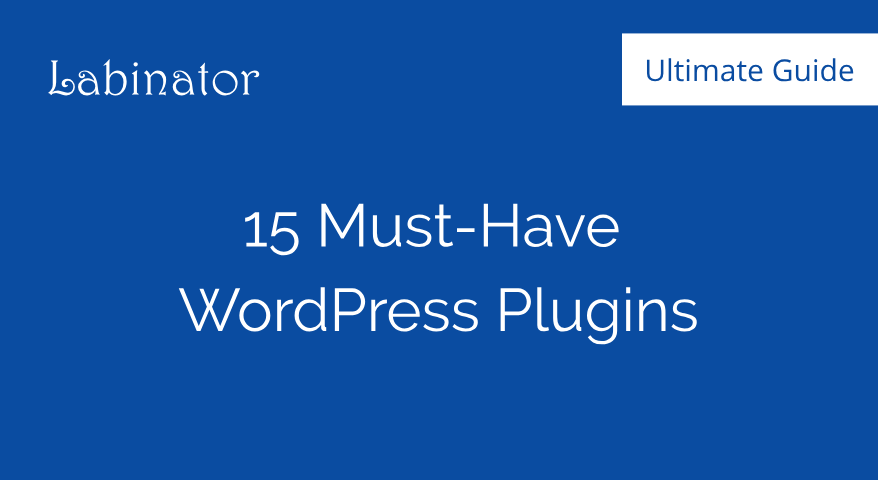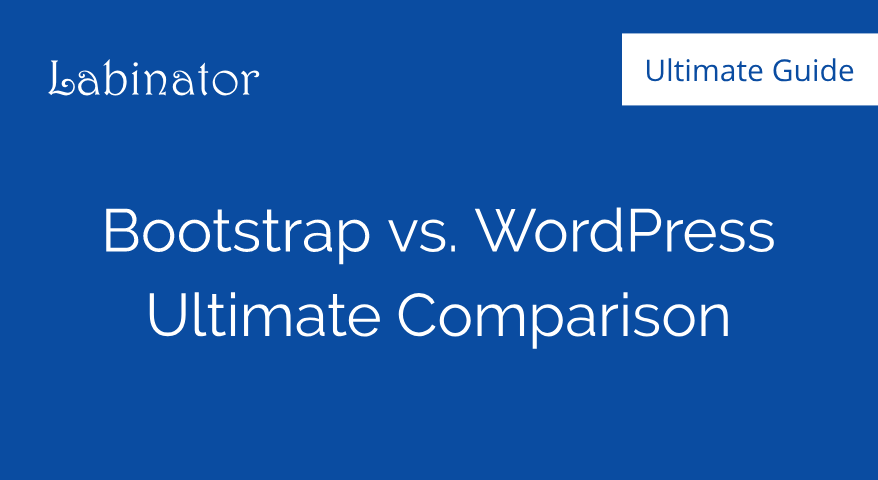Shopify vs WordPress – Best eCommerce In 2024
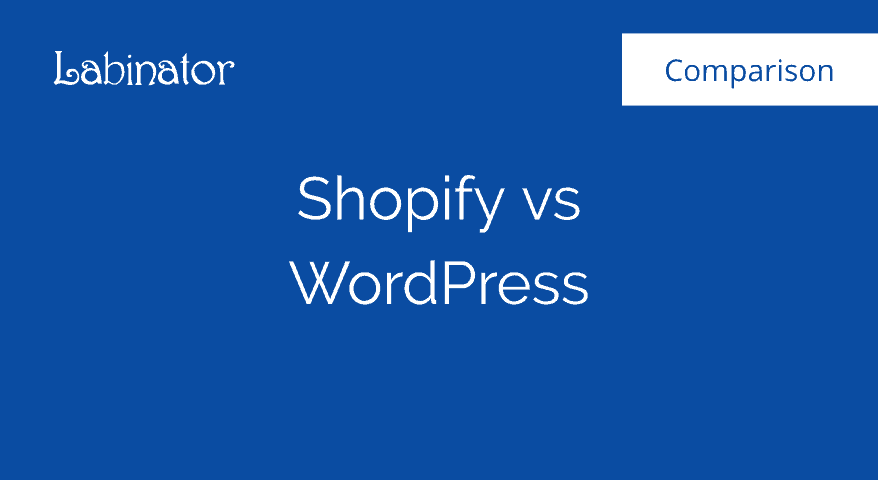
Shopify vs WordPress – Complete comparison and detailed guide on how to choose the right eCommerce platform.
Shopify vs WordPress Comparison Guide
In this article, we will compare Shopify with WordPress and discuss 10 different points to see which one is the best eCommerce platform in 2021.
Covering design, control, flexibility, scalability, ease of use, eCommerce features, popularity, support, pricing, and much more!
We will start first by general definitions then we will dive deeper in our comparison.
What Is WordPress?
From a broad perspective, WordPress is a platform that fulfills your blog-making and website development requirements. In fact, nearly 35% of all websites on the internet are powered by WordPress (K, 2021). Countless blog entries are created every day, using WordPress.
When you zoom into its technical capabilities, you will notice an open-source content management system (CMS) that users can utilize and modify for free.
A CMS is an invaluable tool that makes it simpler for users to manage essential components of their website–such as graphics and content–without prior programming knowledge.
What Is Shopify?

If you are planning to sell products online, but you have limited or no programming knowledge, then you are probably looking to Shopify for help. Shopify helps you build eCommerce websites. You get to choose from hundreds of templates that you can design with videos, text, logos, and images.
The platform also provides you with an in-built cart system, which allows you to get started with your business as soon as you have finished creating the website. Shopify also makes it convenient to connect your products to different parts of the world, since its checkout system is available in over 50 languages.
Round 1 - Is It Open-Source?
WordPress is indeed open-source and is used by some of the most renowned online entities in the world, such as TechCrunch and Mashable.
Open-source is not only more cost-effective compared to platforms that provide proprietary-based services, but it can cater to big or small entities easily. Security is updated regularly, which allows you to protect your information. Its other advantages are:
• Better speed
• Flexibility
• Ability to attract better talent, since most skilled workers are aware of open-source
• You can share maintenance costs
• Most entities are heading towards open-source
On the other hand, Shopify does not provide this benefit.
Who Wins Round 1?
WordPress scores the first point in this competition since it is an open-source content management system (CMS) rather than a paid software-as-a-service (SaaS). That grants the flexibility and scalability that some businesses require.
Round 2 - Comparing Design Options
WordPress provides plenty of design options. You simply pick a theme from the thousands of options available to you and start customizing your blog or website. Not satisfied with certain themes? You can browse through hundreds of user-generated themes on the web. Additionally, many of the WordPress themes surpass expectations when it comes to their performance on mobile devices. You can even use one theme on multiple websites, giving you the option to brand your business effectively.
While Shopify may not be an open-sourced platform, it does not mean it is falling behind in its design options. With hundreds of templates to choose from and new templates added every month, you are spoiled with choice. The platform also provides features such as integrated Instagram feed, a homepage slideshow, a “quick buy” option, and video embedding.
Who Wins Round 2?
Both platforms get the point this round. They provide users with the ability to create a custom visual experience for their audience.
Round 3 - Comparing Control & Customizations
WordPress allows you to take full control of your source codes. The platform actually provides a dashboard for code editing. You can edit the code for your entire website or for individual pages. You even have the freedom to add custom CSS. In other words, you can fine-tune your website and customize it to meet your demands.
Shopify, on the other hand, does not give you access to as many control features as WordPress does.
Who Wins Round 3?
Once again, WordPress wins this round. Its sheer number of customizable features is quite impressive.
Round 4 - Comparing Flexibility & Scalability
The degree of flexibility decides how much control you have over the design of the website.
With WordPress, you have so much flexibility over the outcome of the website. You can transform a simple blog into a job portal, social network, or even a dating site if you fancy that. You can also work with a plethora of plugins, each adding more features and benefits to the website.
With Shopify, you also have a fair amount of flexibility. You can work with Shopify theme specialists to customize the visual and feel of the front end. However, the back end of the platform is where things fail; it does not offer too many options for you to work with.
Scalability is the ability of the program to handle a growing amount of resources added to it. WordPress is highly scalable. There are tens of thousands of plugins that cater to your scaling requirements. Even with just a simple website, you can add newsletter signups, mailing lists, web analytics, media galleries, contact forms, online store, forums, SEO integration, carousel sliders, social sharing, events calendars, and affiliate links.
Salability in Shopify is quite simple. You simply have to click and arrange to improve website functionalities. You do not have to build the architecture from scratch. Additionally, you do not have to concern yourself with hosting problems.
Who Wins Round 4?
Despite the many options that Shopify provides, it just cannot beat the extensive repository of features and functions available in WordPress.
WordPress takes the lead again. However, there are still several more rounds to go.
Round 5 - Comparing Ease Of Use
You can set up a simple WordPress website or blog in a matter of minutes. All you require is a domain name and a web hosting service. The Dashboard provides easy-to-navigate sections, and the process of adding content isn’t complicated.
Shopify has a very straightforward interface. New users will find that the platform does not overwhelm them with too much information.
Add Amazon listings, connect to your Facebook page, use Shopify to list items on eBay, or add a Shopify “buy” button on any of your website pages with ease.
Who Wins Round 5?
Without a doubt, Shopify is much easier to use than WordPress. The platform’s interface is modern and clean.
Round 6 - Comparing Core Features
WordPress provides you with an intuitive interface. Not only can you find hundreds of eCommerce themes, but enough plugins to power your online store. You can even create a multisite, which breaks down your website into different sections, such as online shops or forums.
Shopify is also loaded with some exquisite features to take advantage of. For example, it provides a search feature for your customers to navigate to a blog post, product page, customer feedback form, or even a collections page. The platform allows you to group customers for email marketing, retargeting, and repeated sales.
But you can’t ignore the significance of Search Engine Optimization. Sooner or later, your business needs SEO to rank higher to get clients as PPC is getting more expensive as the days go by.
Shopify has SEO limitations that can hinder your ranking significantly. You don’t have full control over canonical tags as you need access to htaccess, but Shopify doesn’t allow you to touch it. Period. Moreover, you cannot modify robots.txt as well.
The worst part? You cannot make a blog subfolder on your Shopify store. For example, yourstore.com/blog. Instead Shopify creates a subdomain that is considered a separate website in the eyes of Google. It means you need to spend extra money to increase its own domain authority and page authority to rank well on Google.
Moreover, Shopify doesn’t have an image and video sitemap. It might seem a small thing, but image sitemap helps indexing your images on Google Image faster and your product has higher chances of being seen on Google Image.
But on WordPress, you can control every aspect of SEO. You can edit htaccess, robots.txt and sitemaps. WordPress websites enjoy higher rankings on Google as compared to Shopify that has SEO limitations.
Who Wins Round 6?
This round goes to WordPress. WordPress provides a range of core features as you build your ideal website.
WordPress has no limitations when it comes to SEO. Users are free to modify any part of the website either it’s robots.txt or htaccess. Shopify lacks SEO features like sitemap for images and videos, htaccess and robots.txt editing permission.
Will Round 7 give Shopify an extra point? Let’s find out.
Round 7 - Comparing eCommerce Features
WordPress is packed with eCom features by using the WooCommerce plugin. You have the ability to keep track of incoming stock levels and sales growth, create payment getaways and handle product reviews. You have incredible security features and even create your own social network within your website to encourage customer engagement.
Shopify allows you to schedule product launches, giving your customers a teaser of what to come. You can feature entire collections of items or specific products. You can even create customized branded gift vouchers for your customers to enjoy.
Who Wins Round 7?
This was a tough round; we have to end it in a draw — three more rounds to go.
Round 8 - Comparing Popularity & Community Size
With more than 75 million websites around the world using WordPress, it is the most popular CMS today. Nearly 409 million people around the world view as much as 20 billion pages. That’s every month! The community is extensive, with developers, designers, and coders constantly testing the platform to create new and innovative features.
Shopify has been growing in popularity in the past few years. There are nearly 800,000 online businesses that are powered using Shopify. It also provides convenience to people who want to have a virtual store to complement their physical store.
Who Wins Round 8?
WordPress, by a large margin. You cannot beat the incredible community the platform has built and the recognition it has around the world.
Round 9 - Comparing Support
It doesn’t matter how good a platform is. Sometimes, you need support, and you don’t receive one, your opinion of the platform can drop faster than a rock dropped from the top of a building.
While WordPress does not have a support service, it has forums to help you with your problem. Let’s also not forget the hundreds of Facebook pages, online blogs, Reddit, and LinkedIn groups. Because of how many support groups are around for WordPress, you can quickly find the help that you need.
On the other hand, Shopify provides you with a support team ready to help you with your issues. The website even has a forum and community support.
Who Wins Round 9?
Once again, both WordPress and Shopify get the point this round.
This brings us to the final round.
Round 10 - Comparing Value & Pricing
The advantage that WordPress has is that it is free of charge. However, the most advanced features of the program require you to spend money. How much you end up spending depends on your requirements.
While Shopify is not free, the basic model is affordable, even small and new business owners will be able to afford it. From there, your expenses increase based on your website requirements and the number of features you use.
Who Wins Round 10?
Because of the free option that WordPress provides you, it easily wins this round. Because it is free, you can test out the platform to see if it is to your liking.
Shopify vs WordPress Comparison Table
| Feature | WordPress.org | Shopify |
|---|---|---|
| Open-Source | ||
| Design Options | ||
| Flexibility & Scalability | ||
| Control & Customizations | ||
| Ease Of Use | ||
| Core Features | ||
| eCommerce | ||
| Popularity & Community Size | ||
| Support | ||
| Value & Pricing | ||
| Total Points | 9.5/10 | 6.5/10 |
As you see from the Shopify vs WordPress comparison table above, it is pretty obvious who won this battle. The fact that, despite all the incredible features it offers, WordPress is still free to this day is incredibly impressive. If you are looking to start a small blog to promote your skills or products, then don’t worry about payment. Just get started. Additionally, WordPress is highly customizable. There are innumerable plugins you can use, and furthermore, you can even modify the source code.
Build Your Site
The Right Way!
If you decided to go with WordPress, Labinator provides the best premium accessible WordPress themes and plugins that cover all your needs.
Check our WordPress Marketplace today to discover all of our exciting products.
WordPress Guides
Best Collection Of WordPress Guides & Checklists
Our complete and latest collection of WordPress guides and resources that cover everything you need to get the most out of your WordPress website.

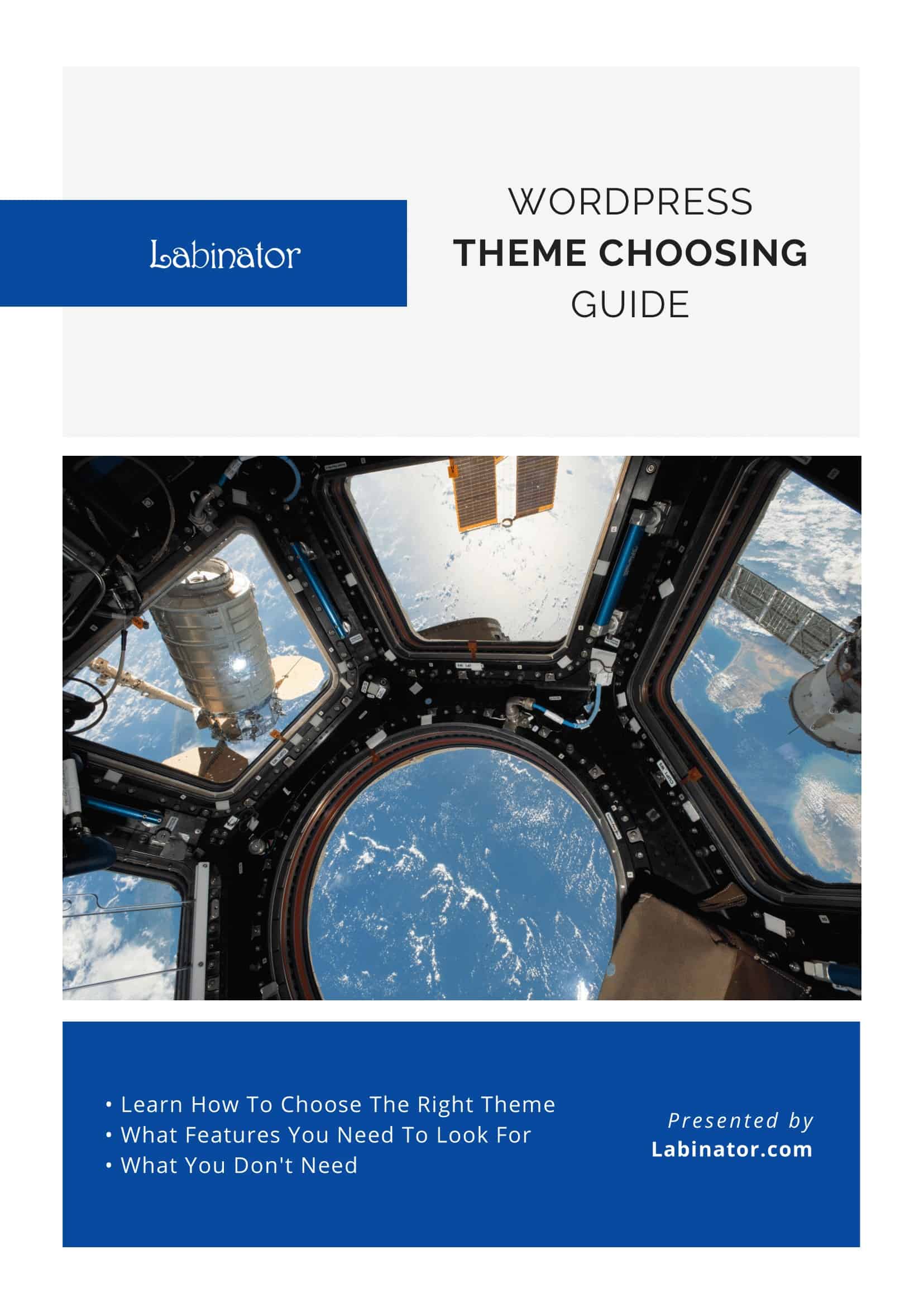

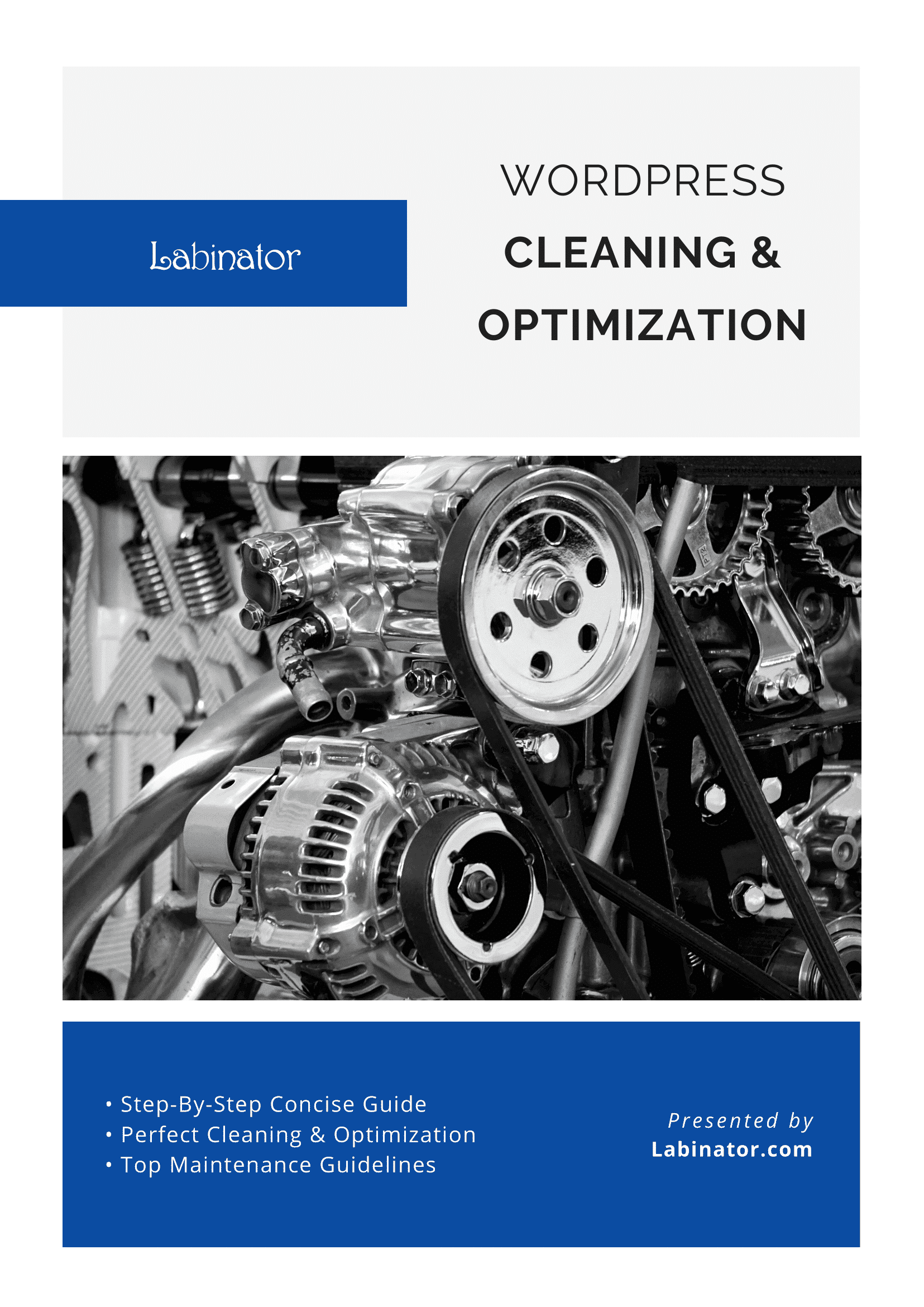
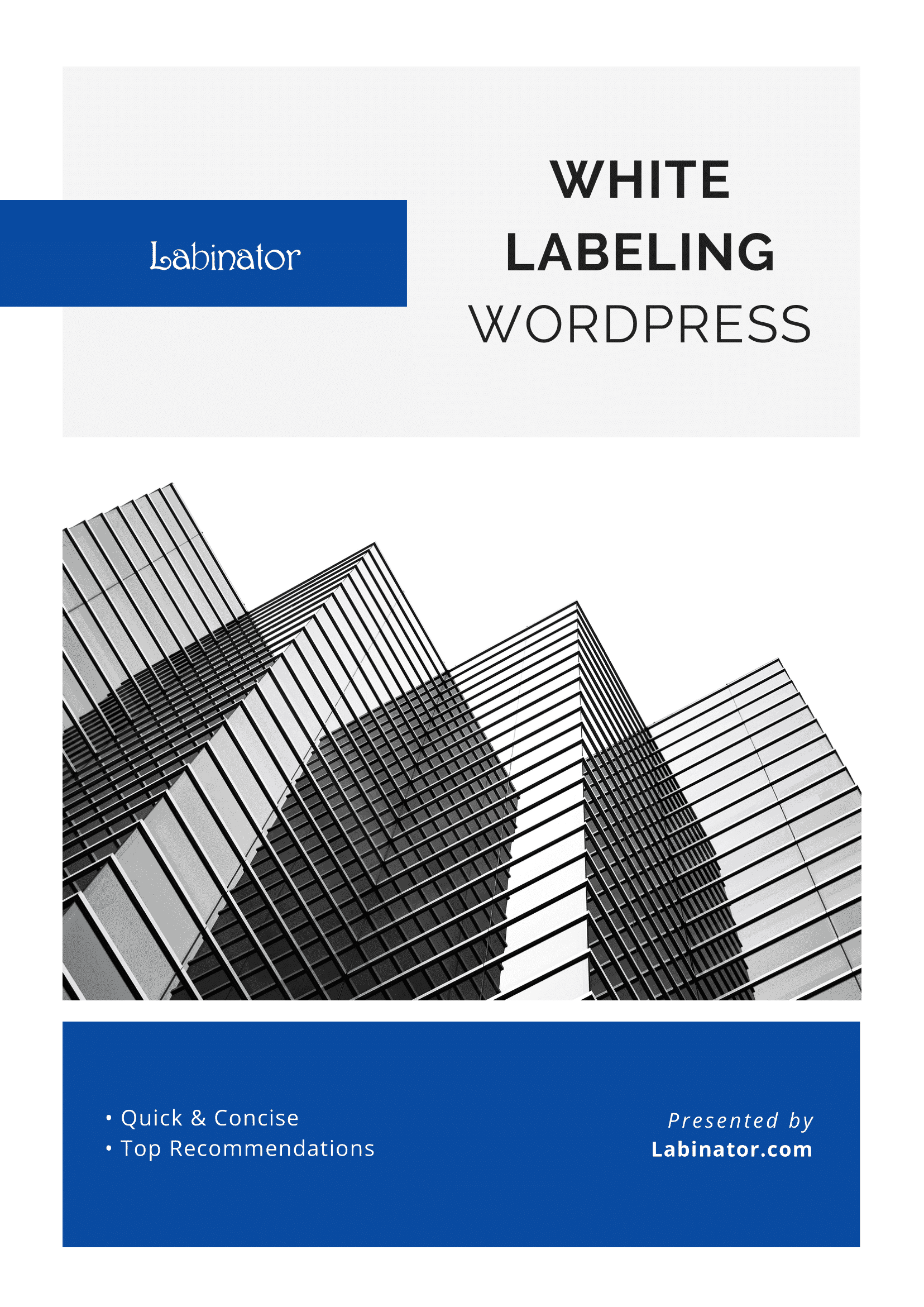


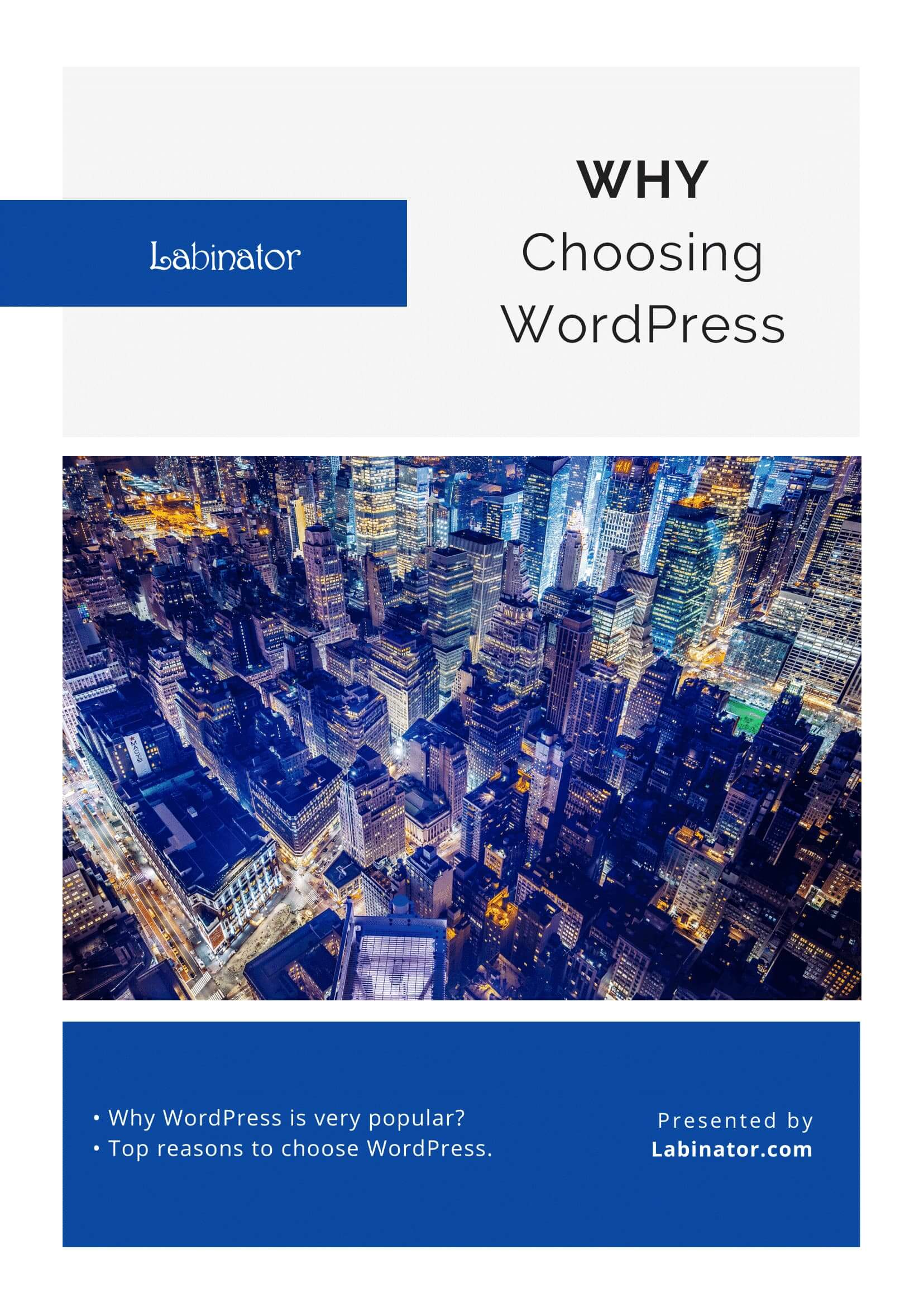
Download Them All!
All of our guides will be sent to your inbox
